Rowett Institute: Boosting seafood consumption of local fish in the UK can improve health and meet climate goals
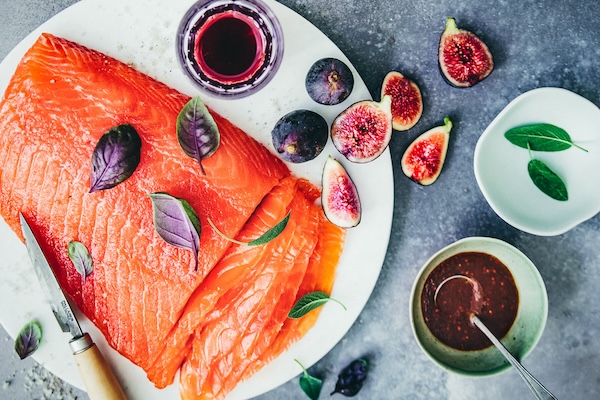
A new study has revealed the UK’s significant “lost” nutrients from fish exports, prompting calls for a national shift towards eating more locally sourced seafood.
Researchers at the Rowett Institute, University of Aberdeen, have calculated that UK-caught and farmed oily fish could supply up to 73 percent of the daily recommended omega-3 fatty acids intake and 46 percent of Vitamin B12. However, most of this nutritious seafood is exported, while imported options like prawn, cod, salmon and tuna dominate British diets.
“The UK is a large producer of herring and mackerel, which are relatively cheap for consumers to buy, and these species could significantly contribute to the provision of omega-3 fatty acids, vitamins B12 and D in the UK population,” the paper concludes. “But most herring and mackerel are exported, indicating that consumer preferences and demand, rather than a limited supply, determine current patterns of fish production, trade and consumption, including consumption levels falling below recommendations. This highlights the need to explore opportunities and interventions that increase consumer demand for fish.”
The study highlights the untapped potential of local seafood to improve public health and help the UK meet its climate goals.
“For the first time, we mapped what seafood we produce, what is imported and exported and how this relates to what we eat and what we should be eating for optimal human and planetary health,” said Professor Baukje de Roos from the Rowett Institute. “Dietary recommendations for fish consumption have not been particularly effective in increasing fish intake in the UK. We may need more targeted messaging on, and a better understanding of, how much fish we need and which fish we should eat.”
Currently, fish consumption in the UK is less than half of the recommended levels set by health authorities, despite its well-documented benefits, including reducing the risk of heart disease. The researchers emphasize that increasing local seafood consumption is not only a boon for public health, but also a critical step toward achieving net zero targets. Seafood offers essential nutrients with a significantly lower carbon footprint compared to other animal-based protein sources, presenting a dual advantage in the fight against climate change.
Eat the whole fish: A discussion of culture, economics and food waste solutions
“We used to eat a lot of herring – herring girls would travel down the country, from Shetland to Great Yarmouth, to process and package the silver darlings coming from the North Sea,” said Dr. Anneli Löfstedt, who was part of the research team. “It was an important part of our culture, and we should try, somehow, to revive the demand for oily fish. Tinned fish may offer an excellent opportunity to do just that.”
The research is part of the Scottish government’s strategic research program and leverages a unique database that compiles over a decade of data on seafood production, trade, purchases and consumption, detailed down to individual species. The findings are expected to inform global policy, aiding high-income countries in reducing their reliance on imports while helping to safeguard the fish stocks of poorer exporting nations, ensuring a more sustainable and equitable seafood trade.
Now that you've reached the end of the article ...
… please consider supporting GSA’s mission to advance responsible seafood practices through education, advocacy and third-party assurances. The Advocate aims to document the evolution of responsible seafood practices and share the expansive knowledge of our vast network of contributors.
By becoming a Global Seafood Alliance member, you’re ensuring that all of the pre-competitive work we do through member benefits, resources and events can continue. Individual membership costs just $50 a year.
Not a GSA member? Join us.
Author
Tagged With
Related Posts
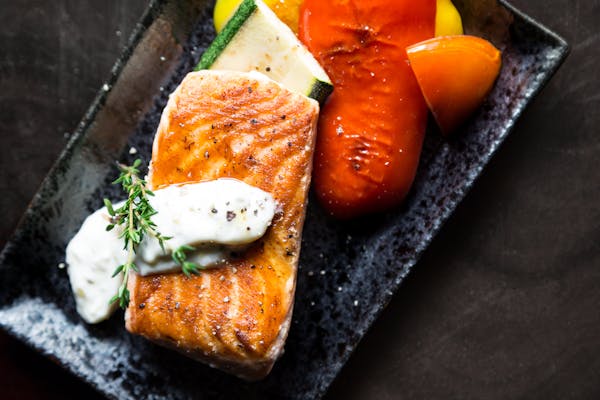
Intelligence
Psychology study reveals why pescatarians prefer fish
University of Stirling researchers find that pescatarians’ preference for fish over land animal meat is rooted in perceived distance.
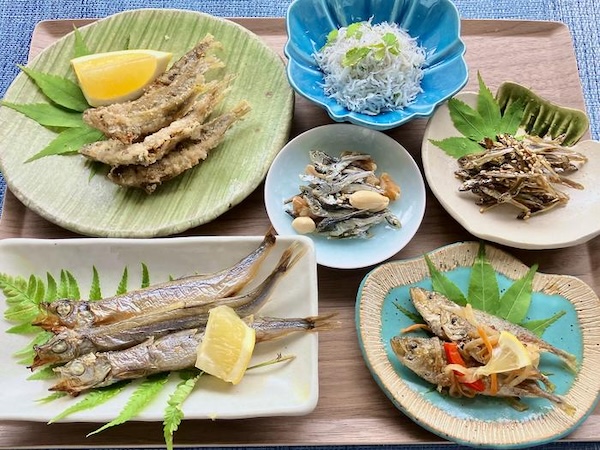
Intelligence
Eating small fish whole can prolong life expectancy, Japanese study finds
Study finds that regularly eating small fish whole significantly reduces the risk of death from all causes and cancer in Japanese women.
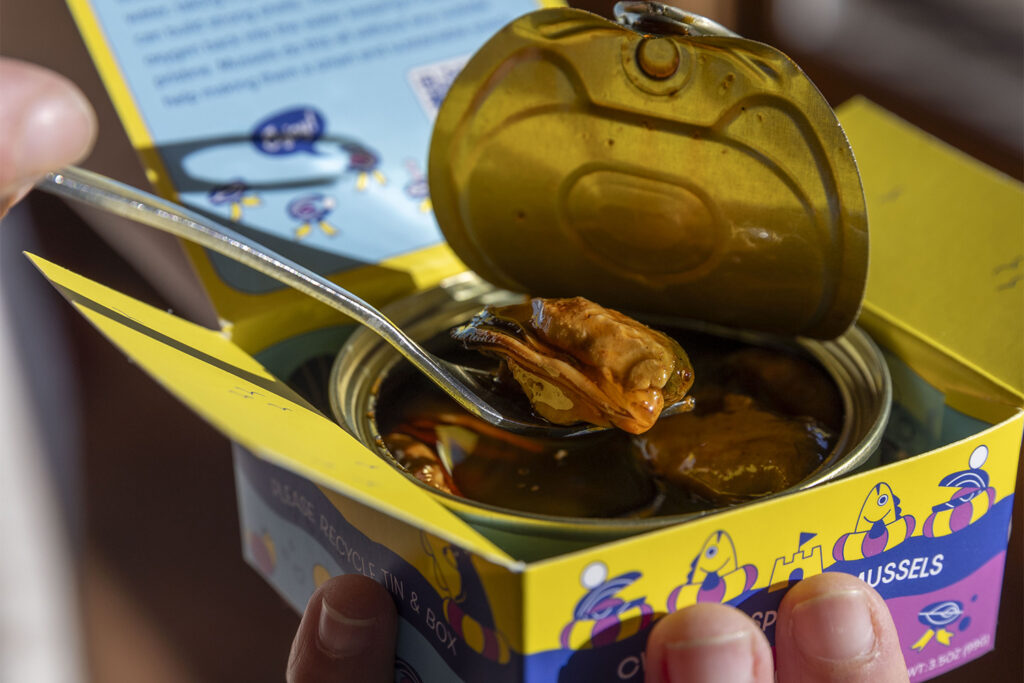
Intelligence
Will 2024 be the year of the tinned fish?
Tinned fish is a growing food trend in the U.S. market, and more companies are creating products using locally sourced seafood.
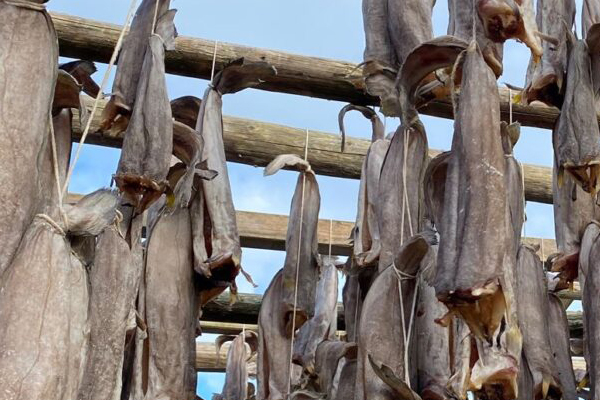
Intelligence
Could better consumer access boost cusk consumption in Norway?
Cusk could become a commercial success with expanded availability and marketing strategies, Norwegian researchers conclude.



